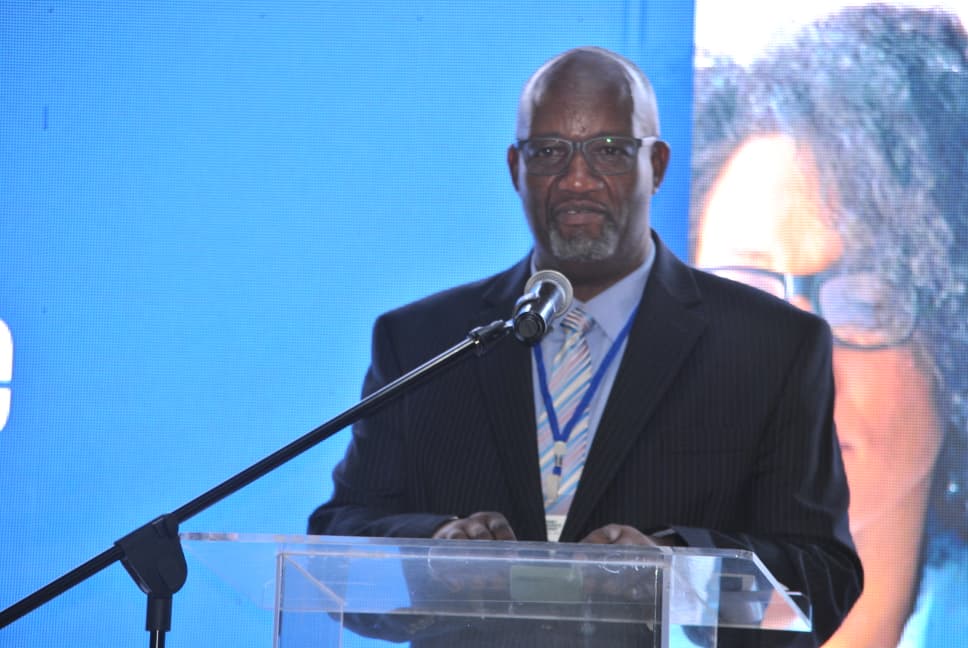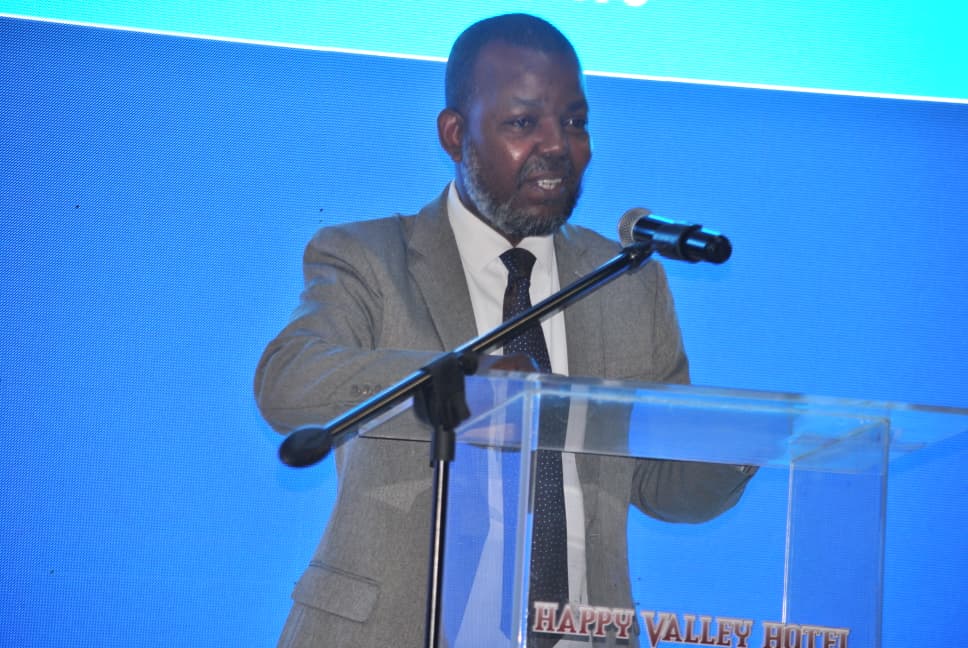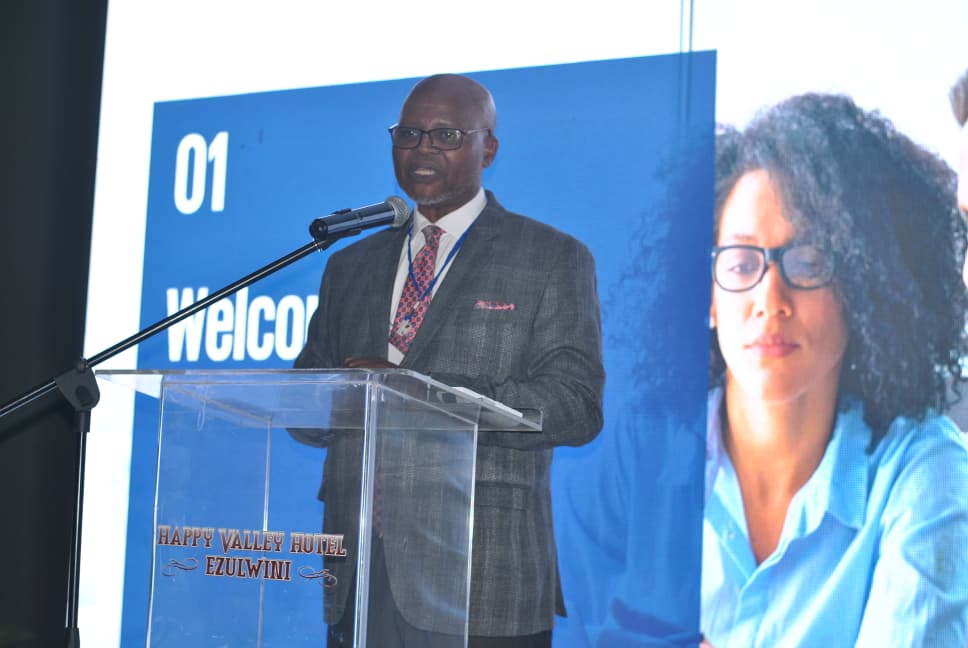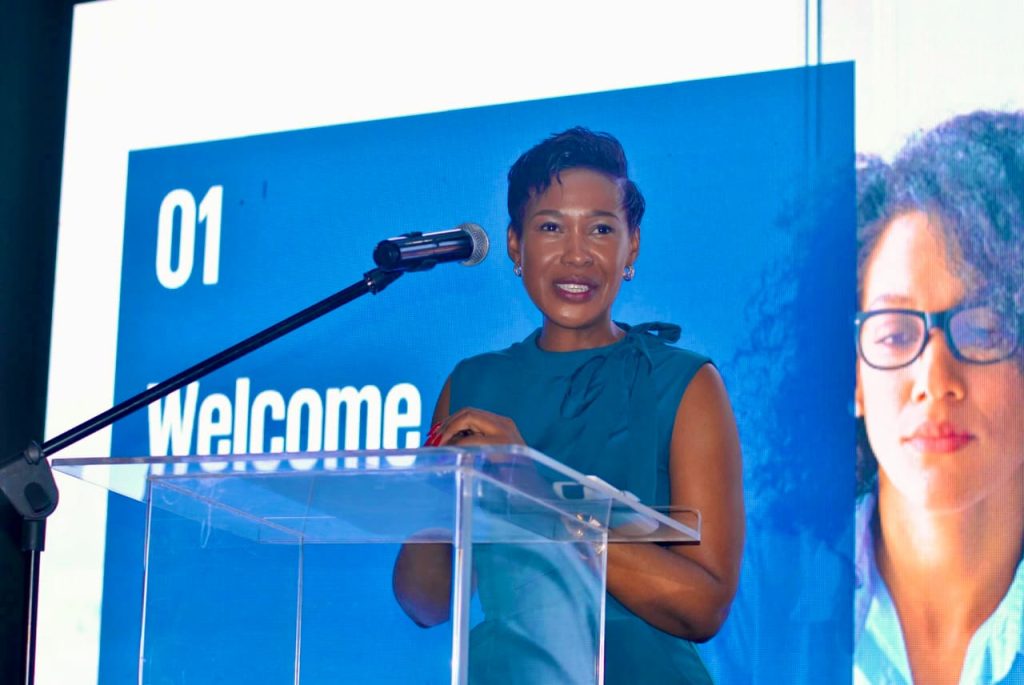
The Kingdom of Eswatini hosted the second annual Family Business Summit, a rapidly growing national platform dedicated to strengthening family enterprises and ensuring their sustainability across generations.
Organized by local consulting firm REDI, this year’s Summit, held at the Happy Valley Hotel, was themed “Growing Legacies, Embracing Change,” building on the strong foundation laid by last year’s inaugural event, which was themed “Laying the Foundation for Unlocking Legacy and Intergenerational Wealth.”
The event served as a platform to equip family-owned businesses with governance tools and best practices to ensure long-term survival beyond the founding generation, a challenge many local businesses still face.
According to Dr. Sikhomba Gumbi, CEO of REDI and Director of the Family Business Summit, this year’s edition saw more participants than last year.
Representing the Minister of Commerce, Industry, and Trade, Manqoba Khumalo, the Director of MSMEs in the Ministry, Mluleki Dlamini, officially opened the Summit, highlighting the critical role family businesses play in national development.
“Globally, family businesses account for up to 70-90% of GDP and over 60% of employment. In Africa, more than 80% of private enterprises are family-owned. Eswatini is no exception,” he stated. “This Summit challenges us to change the narrative by growing businesses that endure beyond one generation, creating lasting legacies of wealth, employment, and national pride.”


Dlamini reaffirmed the government’s commitment to supporting family-owned enterprises through stronger policies, increased access to finance, streamlined regulations, and the promotion of digitalization and mentorship.
One of the Summit’s initiators, Sifiso Ndwandwe of Sothaba Enterprises, traced the platform’s origins to a conversation with longtime friend and co-founder Dr. Sikhomba Gumbi.
“What began as a chat between two friends has today grown into a national platform,” Ndwandwe said. “Our vision has always been to help founders and leaders of family-owned businesses build legacies that last beyond generations. We don’t want to own it; we want it to be a shared endeavor for the whole Eswatini business community.”
The Summit also featured distinguished speakers and panelists, including Alan Barr and Creagh Sudding from KPMG South Africa, and Dr. Manessah Alagbaoso of Standard Bank Group South Africa, who shared global perspectives on governance, financial management, and succession planning in family enterprises.
Panel discussions provided practical insights from local business leaders such as Ali Resting (MD, Real Image Internet), Sasha de Sousa (GM, Dups Holdings and Liyadla Family Trust), Dumisani Msibi (Group MD, FINCORP), and Dudu Dlamini (Director, Mbabane Burial Benefit). They explored strategies for governance, intergenerational wealth transfer, and embracing digital transformation.

Standard Bank Eswatini, one of the Summit’s sponsors, also emphasized the urgent need for succession planning in family enterprises. Speaking on behalf of CEO Mvuselelo Fakudze, Head of Enterprise Banking Setsabile Nhlabatsi revealed stark statistics: only 30% of family businesses in Southern Africa survive into the second generation, 12% into the third, and fewer than 5% into the fourth.
“The culprit is often not a lack of talent but a lack of preparation. Without clear structures, governance, and financial discipline, the founder’s vision can fade,” she warned. “As a bank, we stand ready to help families put in place systems that safeguard both wealth and legacy.”
Nhlabatsi encouraged participants to view legacy as intentional work that requires courage, discipline, and foresight, drawing lessons from successful family businesses like Pick’n Pay and Dangote Group.
In his closing remarks, Dlamini issued a challenge to the business leaders present: “Plan carefully for succession. Put in place strong governance structures. Embrace innovation and technology. Above all, build not only for yourselves but also for your children, grandchildren, and the nation.”
